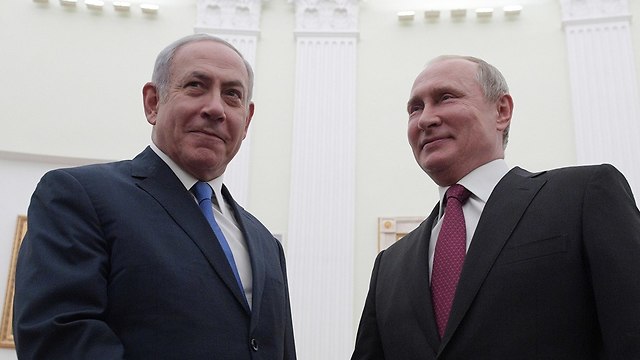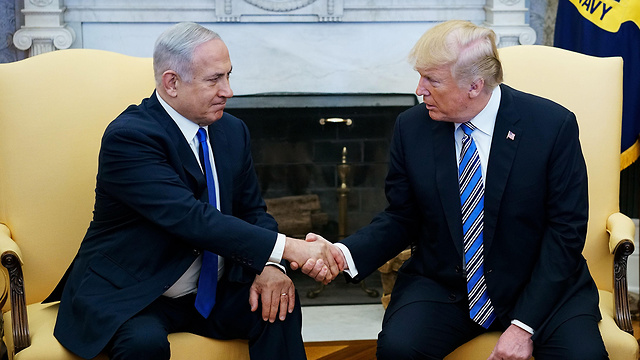Only 32% are in favor of holding talks with the terror group.
Despite the opposition to an agreement with Gaza’s rulers, 43% percent of the Israelis wish the government would improve the living conditions in the strip, while 38% think increasing economic pressure on the area is the right policy.
In addition, the report shows that 50% of Israel’s population want the government to go back to the negotiating table in order to achieve a peace deal with the Palestinian Authority, while 49% believe that peace between Israel and the Palestinians is not essential when it comes to establishing better relations with the Arab world. Nevertheless, 33% of citizens are convinced that a breakthrough in relations with the Arab states is dependent on normalization of relations with the Palestinian Authority.
The sixth annual public opinion poll of the IFPI was conducted by the Mitvim institute in September 2018, and was centered mostly around the political-security issues.
A large majority of the Israeli public (69%) believes that regional cooperation between Israel and the Middle East countries is possible. However, 41% do not want to visit any Arab country, even when relations between the two countries are normal. Twenty eight% of the respondents believe that Israel should not promote cooperation with the Arab countries.
A vast majority of Israelis think that regional cooperation between Israel and Middle Eastern countries is possible, while 19% think it is not. Also, 41% would not visit an Arab country given the opportunity and 28% are not in favor of any kind of dialogue with any Arab country.
Those who believe in the importance of developing relationship with the Arab world, think Egypt and Saudi Arabia are the two most important Muslim countries with which cooperation should be developed.
The other foreign policy related issues that arouse concern among the Israeli public—besides the Israeli-Palestinian conflict and relations with the Arab world—are Israel's ties with Russia and the Boycott, Divestment and Sanctions (BDS) movement.
Israelis see Russia as the most important country besides the US, followed by Germany, UK, China, France and Egypt.
Most of the Israeli public believes that the European Union today is more of a foe to Israel (55%) than a friend (18%). The public is also divided on whether Israel should work to improve its relations with Turkey, with 42% being in favor and 45% opposing it.
When it comes to Israel-US relations, the respondents ranked them at 7.75 out of 10, with 63% describing the relations as good, compared to 41% last year.
The lack of a full-time foreign minister is viewed by 58% by Israelis as an element that impacts Israel’s foreign relations negatively, with only 5% viewing it as a positive thing.
On the issue of barring foreign nationals from entry to the country, 46% of the Israelis are in favor of permitting anyone not posing a security threat to enter the country, and 41% think that the entry should be denied to those calling to boycott both Israel and the settlements.
Only 4% believe that entry should be denied to those calling to boycott settlements only.




















